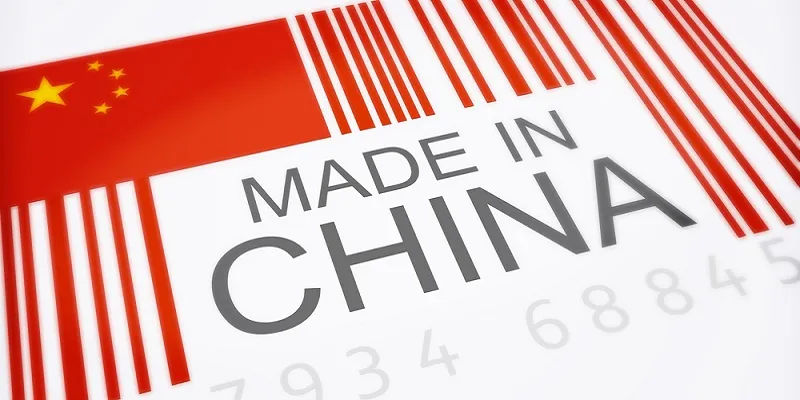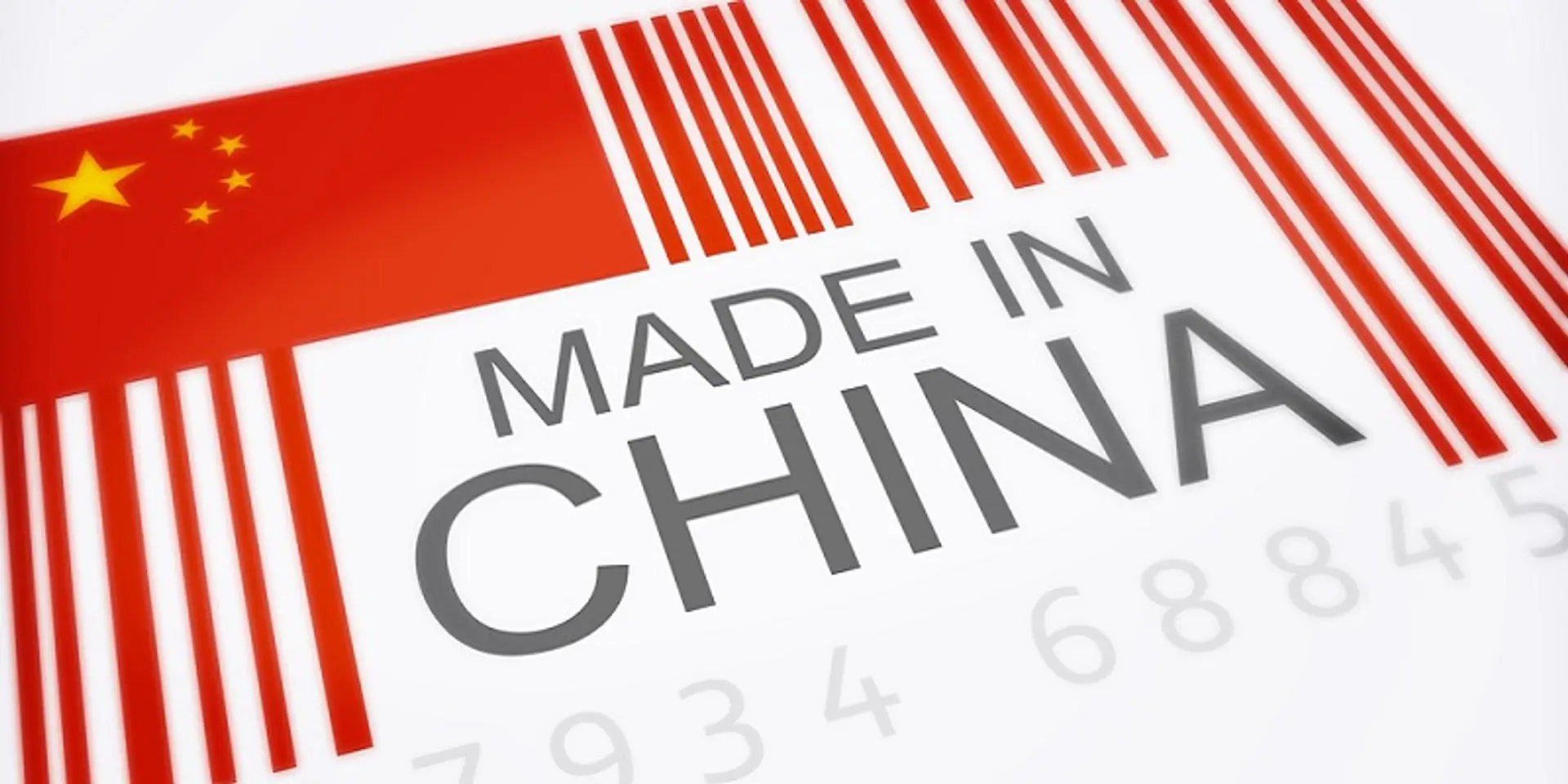5 privately funded highest valued technology companies of China

When it comes to technology startups, Silicon Valley leads the way in the US, Europe has its set of companies, SE Asia has seen a lot of activity with Singapore as the epicentre, India has attracted massive interest and then there is China, a whole new other world. Giant Chinese companies have now started investing elsewhere as well. Alibaba has pumped in USD 575 million in India’s Paytm and led a USD 500-million round along with Foxconn and Softbank in Snapdeal. Tencent, the owner of WeChat, entered India with an investment in Practo. Most recently, China’s Didi Kuaidi put USD 100 million in USA’s Lyft to compete with Uber. In this post, we’re looking at five of the most funded and valued tech companies from China (not including the giants Alibaba, Tencent etc., which are already public companies):
- Xiaomi: Founded by Lei Jun in April 2010, Xiaomi is a technology company that primarily makes smartphones. Escalating quickly to become the third-largest device maker in the world, Xiaomi is currently valued at a massive USD 45 billion and it raised USD 1.1 billion in the last round. In a short span of five years, the company has surpassed giants like Sony and Lenovo. The list of investors in its last round includes All-Stars Investment, Yuri Milner’s DST, GIC, Hopu Fund and Yunfeng Capital. Ratan Tata has also invested in Xiaomi.
- Didi Kuaidi: This Chinese transportation app (mainly taxi service) is a marriage of two companies- Didi Dache and Kuaidi Dache. Backed by Tencent, Didi Dache was valued at USD 3.2 billion in December 2014. It raised USD 700 million in the last round from Temasek, Tencent and DST Global. On the other hand, Kuaidi Dache was valued at USD 2.8 billion with the last round worth USD 600 million from ALibaba, Softbank and Tiger Global. Both the companies were burning cash to grab a larger market share. Talks were on for more than a year before the two forged a deal to merge and become Didi Kuaidi. The combined entity is valued at around USD 16 billion currently.A recent development also involved Didi Kuaidi putting in USD 100 million on Lyft which is a US-based startup. The Chinese taxi-hailing service is also looking at collaborating with top players in other countries like Ola in India and GrabTaxi in Singapore to take on global giant Uber. China’s search giant Baidu has invested in Uber. It’s a big race to become the largest global transport player.
- Lufax: Headquartered in Shanghai and founded in 2012, Lufax is a company which hasn’t been in the limelight at all. It is one of the fastest growing P2P (peer-to-peer) lending platform and is an arm of Ping An Insurance (Group). The company grew online from 151 million Yuan (USD 24 million) in 2012 to 3.3 billion Yuan (USD 528 million) in 2013 for a 2,100 per cent growth (more here).The company recently closed a funding round which values the company at around USD 10 billion. Investors in the deal include BlackPine Private Equity Partners, CDH Investments and private-equity division of China International Capital Corp.

- DJI: The biggest company in the consumer drone market, DJI was founded in 2006 by Frank Wang and headquartered in Shenzhen, Guangdong province, China. It manufactures commercial and recreational unmanned aerial vehicles for aerial photography and videography.The company raised USD 75 million from Accel Partners at a valuation in the range of USD eight to 10 billion. It had revenues worth USD 130 million in 2013 and the number is estimated to go up to USD one billion in 2015.
- Zhong An: Launched in November 2013 as an online insurance company, Zhong An is a rare example of Alibaba and Tencent coming together from day one to start a platform. In March this year, the company is said to have raised USD one billion from the likes of Morgan Stanley at a valuation of USD eight billion currently.
These top five players have been picked from this Wall Street Journal infographic and since many of the numbers keep fluctuating, we also like to mention the next few unicorns.
China’s e-commerce market is gargantuan. From over USD 300 billion in 2013, it is pegged to reach USD one trillion by 2019. Alibaba and JD lead the way but still leave enough room for others to survive. Beijing-based Vancl.com was founded in 2007 by Chinese entrepreneur Chen Nian with the mission of becoming the leading retailer for men’s apparel in China. The journey has been up and down with profitability being an issue: Vancl probably still holds unicorn status. Group buying service Meituan is another large company. The Groupon of China raised USD 700 million in January this year at a valuation of USD seven billion. Meituan broke even in 2013 and its revenues are estimated at USD 6.4 billion currently. While Alibaba has backed Meituan, rival company Dianping is backed by Tencent and valued at USD four billion. When it comes to food delivery, China has Ele.me. In August this year, the company raised a USD 630-million Series F funding at a valuation of USD three billion.
(image credit: ShutterStock)



